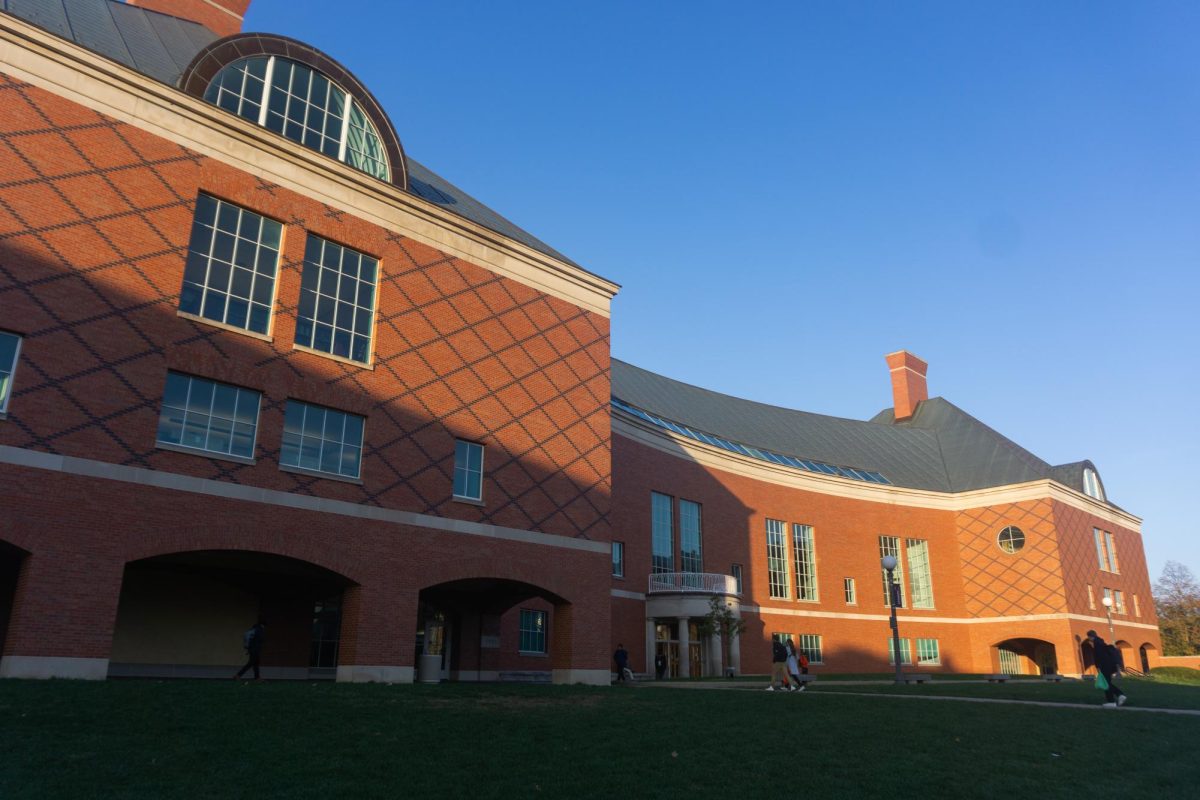Last updated on Sept. 1, 2024 at 03:20 p.m.
A policy spotlight released by the University of Illinois System’s Institute of Government and Public Affairs reports that air pollution in Illinois poses risks to public health, including respiratory illness and premature death.
The spotlight titled “Air Pollution Trends in Illinois” was compiled by Julian Reif, senior scholar at the Institute of Government and Public Affairs and assistant finance professor at Gies College of Business.
Reif examined the air quality, pollution trends and health impacts of six Illinois regions: Champaign-Urbana, Chicago-Naperville-Elgin, Decatur, Peoria, Rockford and Springfield.
Results showed a variety of pollution levels, but the Chicago region had the highest report due to a high frequency of industrial activities and heavy traffic. While Chicago has reduced pollution by 25% since 2000, the other five regions saw little to no change.
Get The Daily Illini in your inbox!
“As a major transportation hub, Chicago experiences significant emissions from planes, trains and automobiles, compounded by its dense population of nearly 10 million residents,” Reif said in the spotlight. “Chicago’s geographic location on Lake Michigan exacerbates pollution through temperature inversions, where cool air becomes trapped by warmer layers, particularly in winter and summer months.”
Unexpected consequences of climate change have contributed to air pollution levels, with the 2023 Canadian wildfires specifically highlighting the state and region’s vulnerability to climate change.
Reif analyzed air pollution data published by the U.S. Environmental Protection Agency to assess a measurable air quality index in Illinois.
He also discussed how other researchers use natural experiments — such as random fluctuations in pollution levels due to changes in wind direction — to continue to examine how air pollution exposure impacts public health.
“By using these kinds of methods, researchers have found that short-term exposure to air pollution can lead to increased health care spending, more hospitalizations and higher mortality rates,” Reif said in the spotlight.
The report asserts the importance of reducing air pollution for the benefit of Illinois residents’ health. According to Reif’s research, a 10% reduction in air pollution could increase life expectancy by about a year, specifically in older adults.
The spotlight emphasizes the importance of Illinois continuing to focus on air conservation efforts for the benefit of citizens’ public health while ensuring the persistence of future health benefits.







